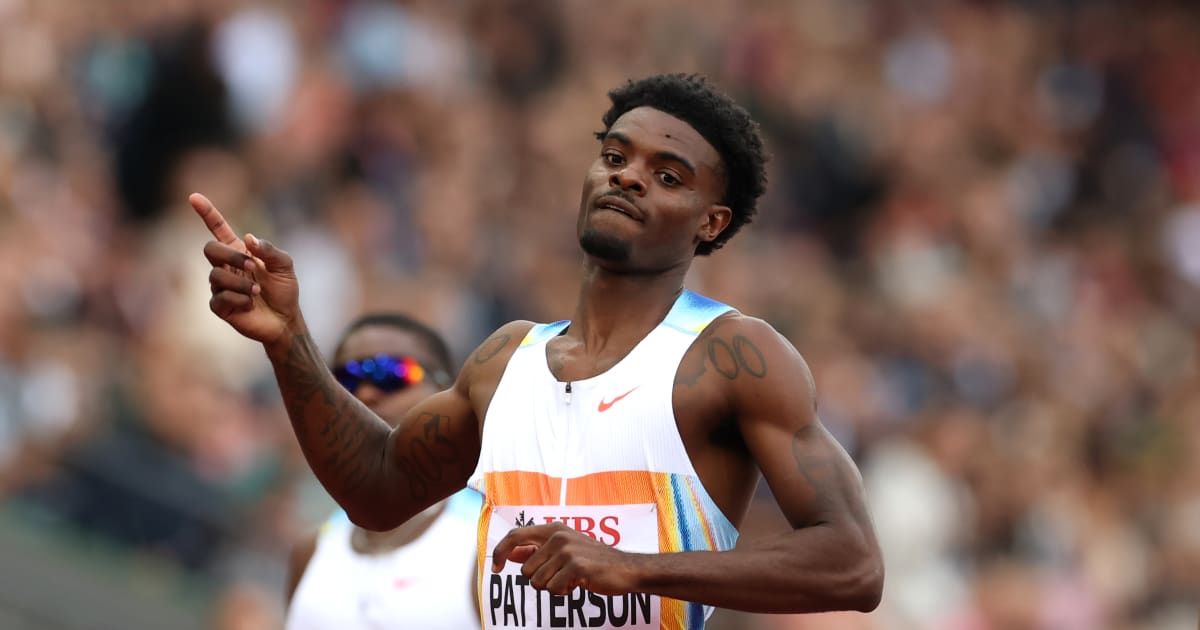Jacory Patterson on his champion’s mindset: “I was just raised to never quit”
It takes a certain type of inner motivation to follow a non-conventional pathway in the world of track.
Without sponsorship or backing, the costs of training, recovery and even travel to events lie squarely on your own shoulders.
Patterson’s shoulders have been proven to be broader than most, and his determination to follow his dreams stems from principles that were instilled in him from an early age.
“I was just raised to never quit,” he told Olympics.com. “I come from a God-fearing family, I know you ain’t going to be in no situation that God don’t want you in, so it’s just ‘keep going’.
“I don’t want to look back and have regrets. I don’t want to look back and say, ‘dang, I wish I would have kept going’ or ‘dang, I wish I would’ve did this’. I want to do it now, so I can look back and say, ‘yeah, I did that.’”
While Patterson’s story speaks to his ability to succeed against all odds, it isn’t unique in the world of sport.
Tokyo 2020 canoe sprint gold medallist Nevin Harrison worked shifts in a bar while training, while five-time swimming world champion Nic Fink has balanced a job as an engineer with his own exploits in elite sport.
Closer to home, this year’s US track & field trials saw 110m hurdler Dylan Beard make the team for the Tokyo world championships, having worked in a Walmart deli to supplement his income.
But even Walmart usually closes at 11 pm, around the same time that Patterson’s UPS shifts were just getting started.
Giving up was, however, never a choice for the athlete, and his wider goals have remained the same through thick and thin.
“Since I was a pup, I always had dreams of providing for my family and, even if it wasn’t track, I was not going to stop until I got there,” he told USATF. “And it’s just like a stepping stone for me, I’m just blessed.”
